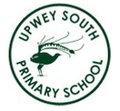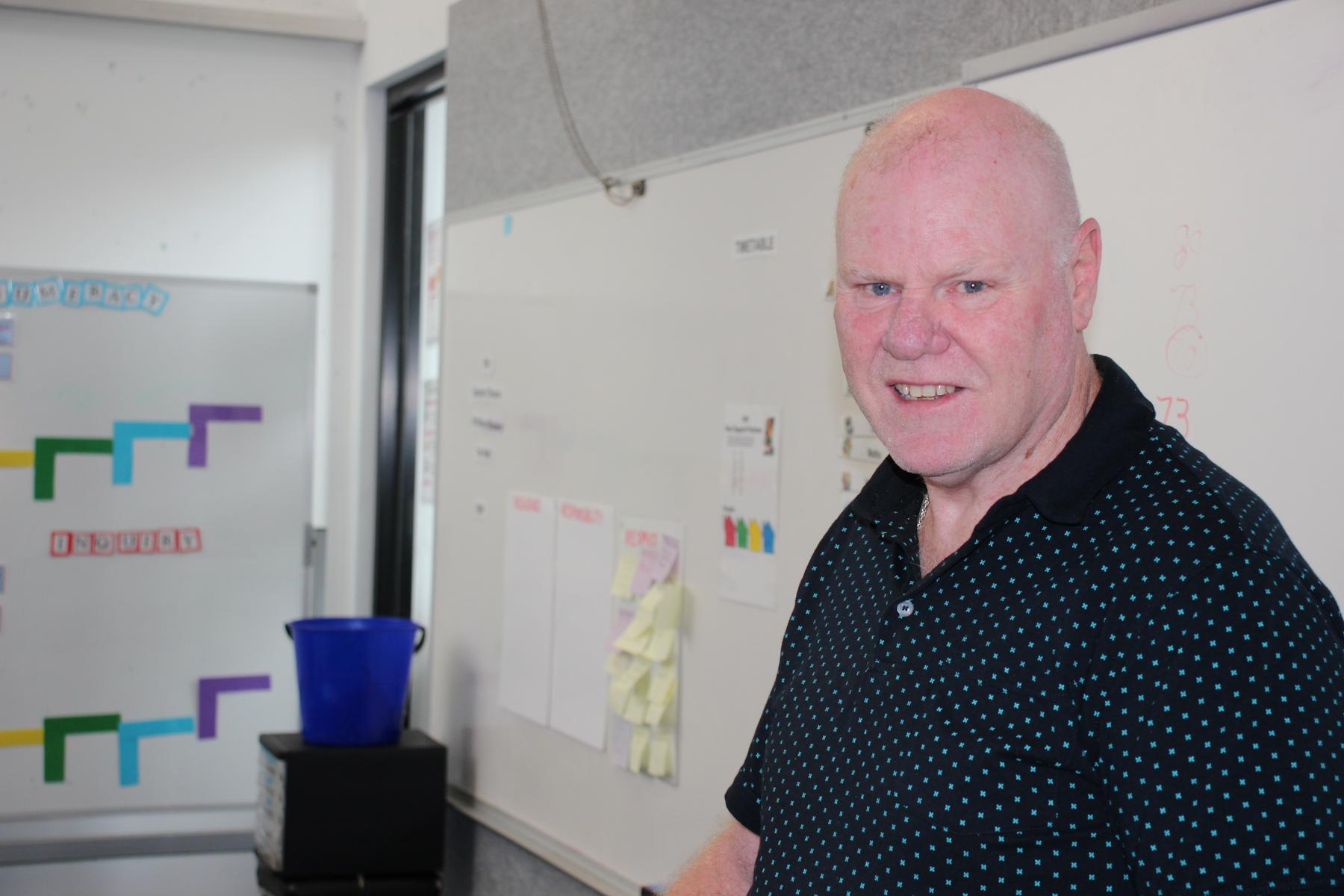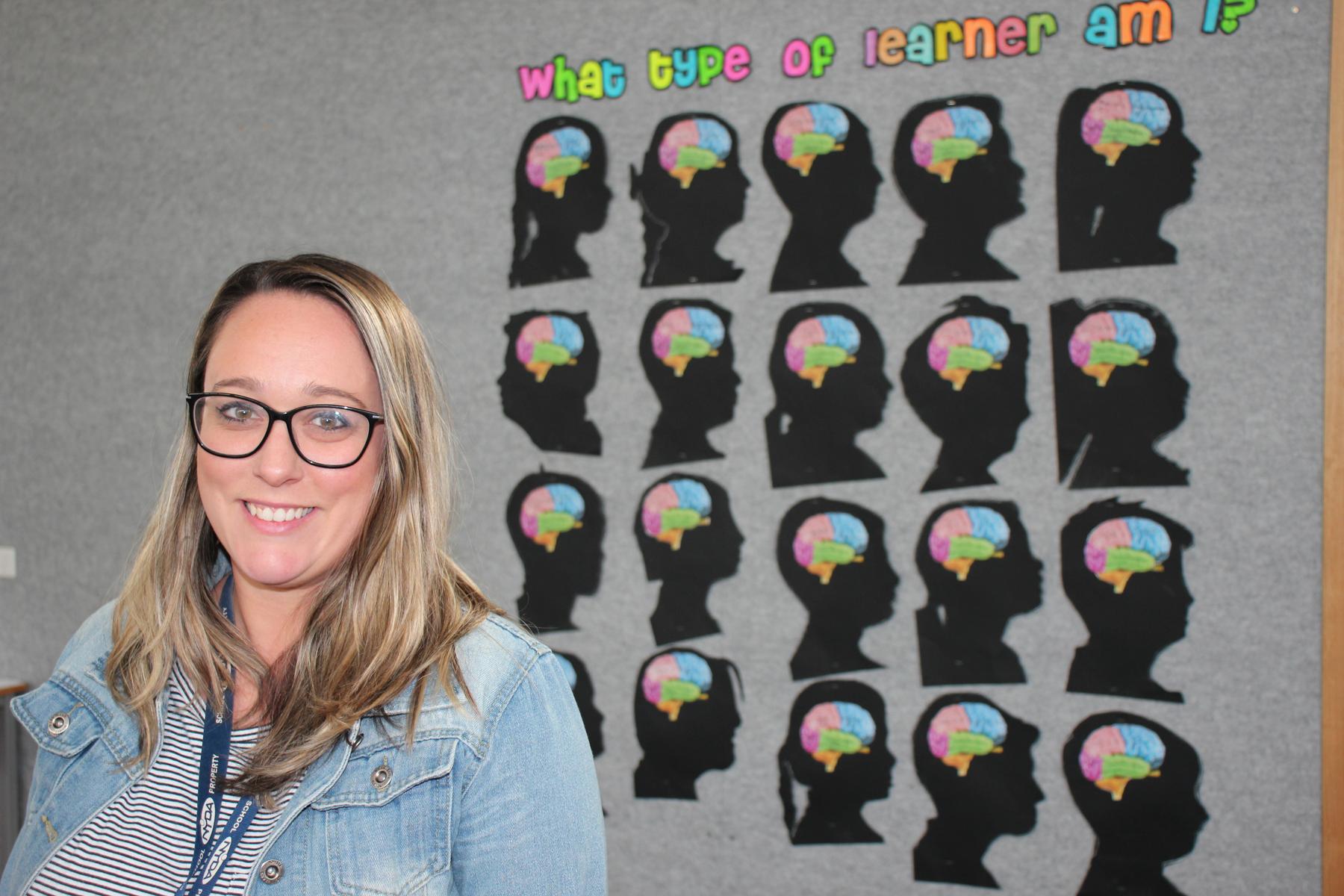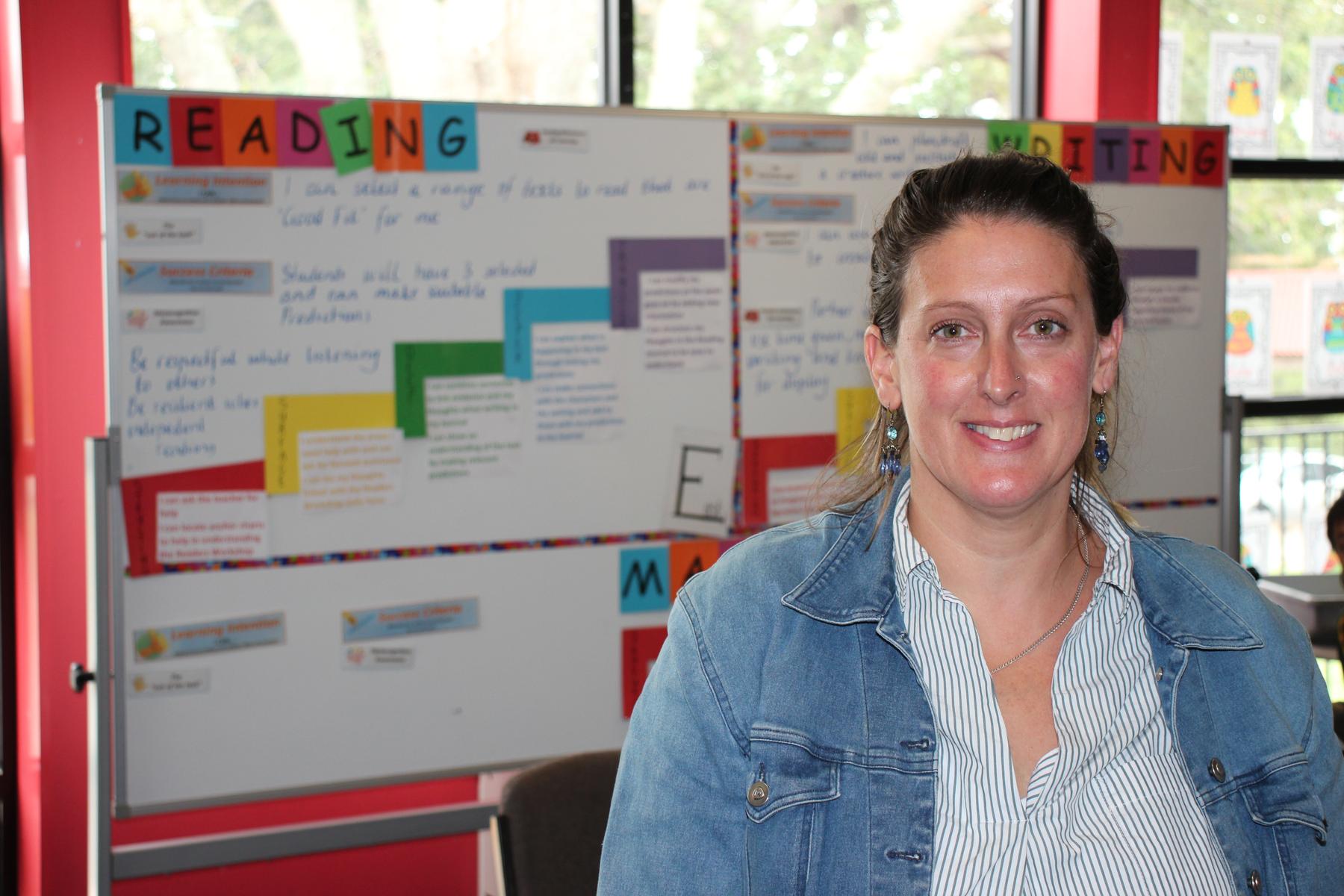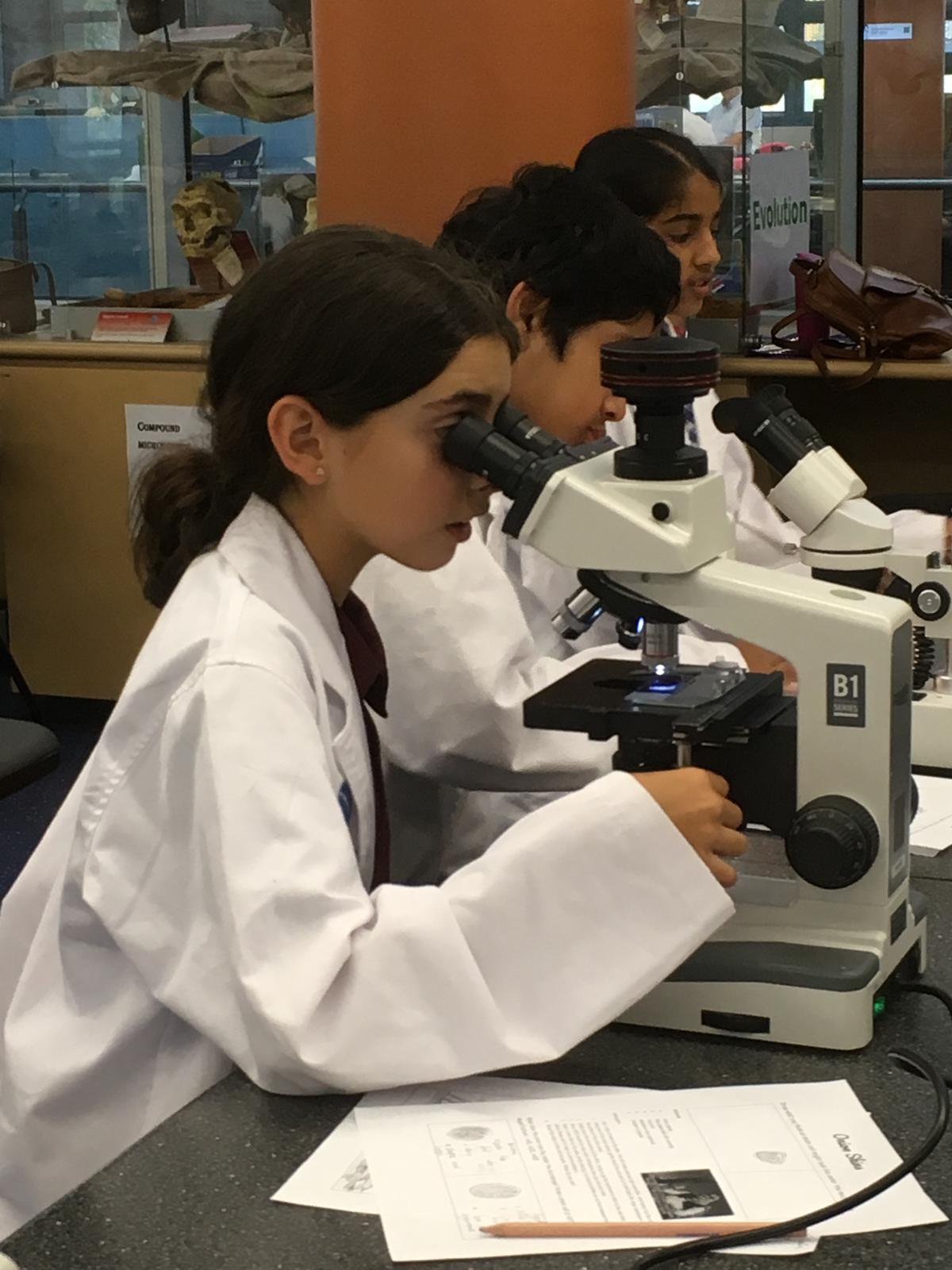Year Five/ Six
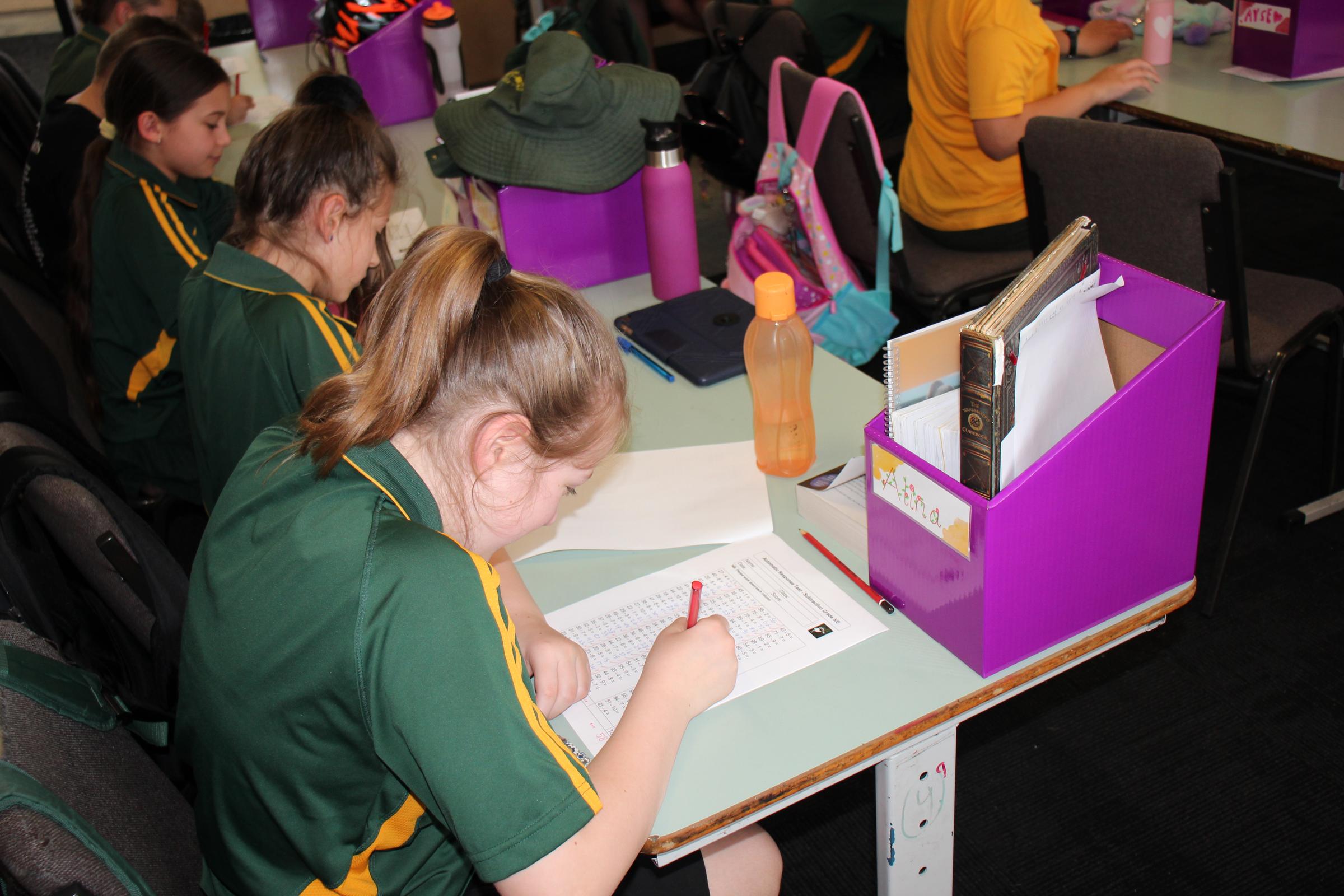
Communicating with the Year Five/Six Team
We look forward to partnering with you in 2020, and welcome your input:
Llewela Humphries (Class 56A) humphries.llewela.j@edumail.vic.gov.au
Gary Monopoli (Class 56B) monopoli.gary.p@edumail.vic.gov.au
Hayley Oliver (Class 56C) oliver.hayley.h@edumail.vic.gov.au
Jessica Cameron (Class 56C) Cameron.Jessica.C@edumail.vic.gov.au
John Monash Science School- Partnership
In 2020, we are excited to announce that our school has been selected to take part in the John Monash Science School Program. This is great for our students, as we are the only school in the Dandenong Ranges area which has been invited to take part.
Our Year Six students recently had the opportunity to nominate for a position in the program, and we would like to acknowledge the following students who have been successful with their application for the program.
| Mini Mathematicians | Big Science, Little Scientists | RoboGals (Robotics and Coding) |
| Brendan P | Rachel A | Abi P |
| Blake K | Alina G | Holly B |
| Tyler M | Maya B | Bonnie F |
| Marcus O | Eli S | Teagen W |
Please see below, which is an extract of information about the program.
As a school we are focused upon providing our students with opportunities to engage with their
learning beyond the classroom. Therefore, we are extremely excited to have been invited to
participate in the “JMSS Mini Mathematicians Program”, the “JMSS Little Scientists Big Science
Program” and the “JMSS RoboGals Program” in Term One, 2020. Please note that RoboGals is only
available to female students.
John Monash Science School (http://www.jmss.vic.edu.au/) is a select entry government secondary
school, which offers specialised education for students in their senior years of schooling. Each year,
JMSS offers immersion programs for senior primary students (Mini Mathematicians, Little Scientists
Big Science, and RoboGals) to enrich their learning. These programs are highly sought after, and are
only offered to a few select schools each year.
The programs provide valuable learning opportunities and enrichment for students who have an
interest in expanding their knowledge in the area of Science, Mathematics, and Robotics.
Due to the high-demand for the immersion programs, each selected school may send up to four
senior students to participate in each of the programs.
Inquiry Focus- Term One 2020
Please see below for information regarding the focus of our Inquiry Unit this term.
Unit One Title: Social Justice- Rights and Responsibilities Through Line: Community Learning Area/s: History/Civics & Citizenship Capability: Intercultural Capability |
Content: History Content Descriptors – Historical Knowledge Australia as a nation
Civics & Citizenship Content Descriptors Government and democracy
Citizenship, diversity and identity
Laws and citizens
Intercultural Capability Content Descriptors
Achievement Standards: By the end of Level 6:
History – Historical Knowledge
Civics and Citizenship
Intercultural Capability
|
Unit One Title: Social Justice- Rights and Responsibilities Through Line: Community |
| Themes: Students investigate Australian history in relation to the development of Australia as a nation. They explore the factors that led to Federation and the development of democracy and citizenship over time. Students discuss the values, principles and institutions that underpin Australia’s democratic forms of government. They describe the roles and responsibilities of the three levels of government and discuss the key features of the Australian electoral process. Students also spend an extensive time looking at the role of global justice, the United Nations and global cultural impacts. |
Questions: Why and how did Australia become a nation? What contribution have significant individuals and groups made to the development of Australian society? What is democracy? What is the purpose of government?
|
